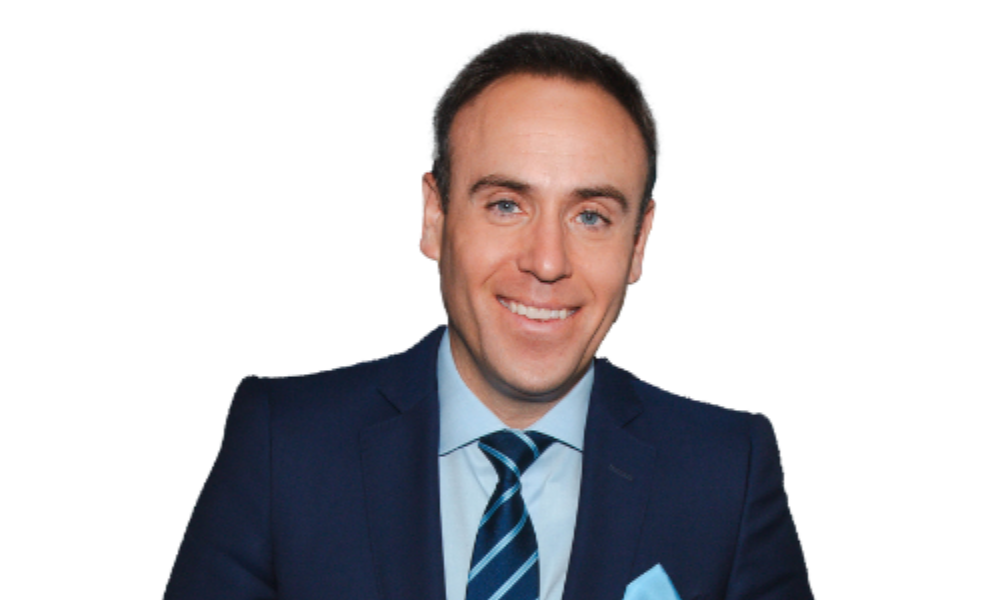Delaying retirement or taking on more debt are likely, survey reveals

Giving their children the best chance to succeed in life is the priority of any parent, but millions of Canadians are willing to risk their own financial health in the process.
A new survey of over 1,000 parents from across Canada reveals that 61% believe supporting their child is more important than their own finances, especially given the challenging current cost of living.
The Leger survey for education savings and planning company Embark found that three quarters of parents who took part said the rising cost of living is making it harder to save for their children’s post-secondary education, but they consider this so important that they will make sacrifices, even if that means impacting their own financial and mental wellbeing.
The vast majority of Canadian parents surveyed (87%) noted that increasing expenses have made it harder to save in general, and over half (56%) admitted they are currently living paycheque-to-paycheque.
The research reveals that more than half of respondents are dreading paying for their child(ren)’s post-secondary education with 90% agreeing that it’s expensive. Two thirds believe they would feel like a failure if their child had to take on significant debt to pay for college.
“Today’s parents are watching their children grow up during a difficult job market and volatile economic conditions, and they see how higher education can provide security for young adults,” said Andrew Lo, CEO and President of Embark. “Parents shouldn’t feel guilty if they haven't started saving for their child's education or have to go to extremes to give their child the tools they need to succeed. There are many things parents can do to set their children up with an education without taking on significant debt.”
Almost nine in ten poll participants think post-secondary education is becoming unaffordable and almost as many think it is more costly now than when they were a kid. Most feel it’s their responsibility to ensure their child can further their education and that their child’s options will be limited without helping them pay for college or alternatives.
Delaying retirement
Parents are so committed to helping their children’s future that they are willing to impact their own future to do so.
Six in ten said they would delay retirement to help pay for post-secondary education and 57% would go into debt to do so, 43% would have to take on debt. More than half said cutting back on everyday expenses is a sacrifice they had to make to support their child’s education.
But children will also need to be prepared to shoulder a significant cost of their college costs with parents hoping to pay an average 67% of their child’s post-secondary education, leaving a 33% share for their child to pay for.
Over half of respondents said they wish they started saving for their child’s post-secondary education sooner.
“Right now, four years of undergraduate tuition in Canada costs roughly $30,000, depending on where you are in the country. If you and your partner both save $50 every month, you’ll have enough to cover this cost by the time your child turns 18, assuming a 4% rate of return and all the government grants you’d get from saving in an RESP,” said Lo. “Whether your child was just born or is about to go to high school, even saving a little has the potential to become a lot over time. It’s very important just to start – and a great way to do so is with a registered education savings plan. It helps with tax-deferred growth and it can get you more money just for saving in one.”



